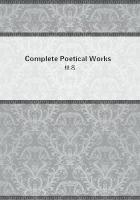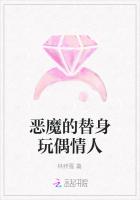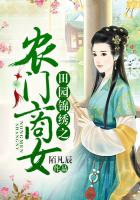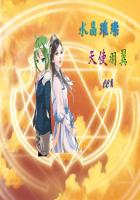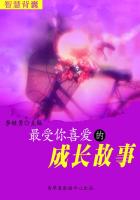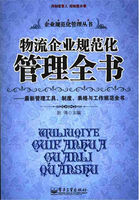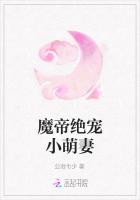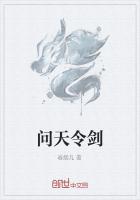It can be illustrated in one or two ways.For instance, a word which has become common to us is the neuter possessive pronoun "its." That word does not occur in the edition of 1611, and appears first in an edition in the printing of 1660.In place of it, in the edition of 1611, the more dignified personal pronoun "his" or "her" is always used, and it continues for the most part in our familiar version.In this verse you notice it: "Look not upon the wine when it is red; when it giveth HIS color aright in the cup." In the Levitical law especially, where reference is made to sacrifices, to the articles of the furniture of the tabernacle, or other neuter objects, the masculine pronoun is almost invariably used.In the original it was invariably used.You see the other form in the familiar verse about charity, that it "doth not behave itself unseemly, seeketh not HER own, is not easily provoked." Now, there is evidence that the neuter possessive pronoun was just coming into use.Shakespeare uses it ten times in his works, but ten times only, and a number of writers do not use it at all.It was, to be sure, a word beginning to be heard on the street, and for the most part on the lower level.The King James translators never used it.The dignified word was that masculine or feminine pronoun, and they always use it in place of the neuter.
On the other hand, there was a word which was coming into use on the upper level which has become common property to us now.It is the word "anxiety." It is not certain just when it came into use.I believeShakespeare does not use it; and it occurs very little in the literature of the times.Probably it was known to these translators.When they came, however, to translating a word which now we translate by "anxious" or "anxiety" they did not use that word.It was not familiar.They used instead the word which represented the idea for the people of the middle level; they used the word "thought." So they said, "Take no thought for the morrow," where we would say, "Be not anxious for the morrow." There is a contemporary document which illustrates how that word "thought" was commonly used, in which we read: "In five hundred years only two queens died in child birth, Queen Catherine Parr having died rather of thought." That was written about the time of the King James version, and "thought" evidently means worry or anxiety.Neither of those words, the neuter possessive pronoun or the new word "anxious," got into the King James version.One was coming into proper use from the lower level, and one was coming into proper use from the upper level.They had not yet so arrived that they could be used.
One result of this care to preserve dignity and also popularity appears in the fact that so few words of the English version have become obsolete.Words disappear upward out of the upper level or downward out of the lower level, but it takes a long time for a word to get out of a language once it is in confirmed use on the middle level.Of course, the version itself has tended to keep words familiar; but no book, no matter how widely used, can prevent some words from passing off the stage or from changing their meaning so noticeably that they are virtually different words.Yet even in those words which do not become common there is very little tendency to obsolescence in the King James version.More words of Shakespeare have become obsolete or have changed their meanings than in the King James version.
There is one interesting illustration to which attention has been called by Dr.Davidson, which is interesting.In the ninth chapter of the Judges, where we are told about Abimelech, the fifty-third verse reads that a woman cast a stone down from the wall and "all to break his skull." That is confessedly rather obscure.Our ordinary understanding of it would be that she did that for no other purpose than just to break the skull ofAbimelech.As a matter of fact, that expression is a printer's bungling way of giving a word which has become obsolete in the original form.When the King James translators wrote that, they used the word "alto," which is evidently the beginning of "altogether," or wholly or utterly, and what they meant was that she threw the stone and utterly broke his skull.But that abbreviated form of the word passed out of use, and when later printers-- not much later--came to it they did not know what it meant and divided it as it stands in our present text.It is one of the few words that have become obsolete.But so few are there of them, that it was made a rule of the Revised Version not to admit to the new version, where it could be avoided, any word not already found in the Authorized Version, and also not to omit from the Revised Version, except under pressure of necessity, any word which occurred there.It is largely this blending of dignity and popularity that has made the King James version so influential in English literature.It talks the language not of the upper level nor of the lower level, but of that middle level where all meet sometimes and where most men are all the while.
These are great traits to mark a book, any book, but especially a translation--that it is honest, that it is accurate, and that its language blends dignity and popularity so that it lowers the speech of none.They are all conspicuous traits of our familiar version of the Bible, and in them in part lies its power with the generations of these three centuries that have followed its appearance.

